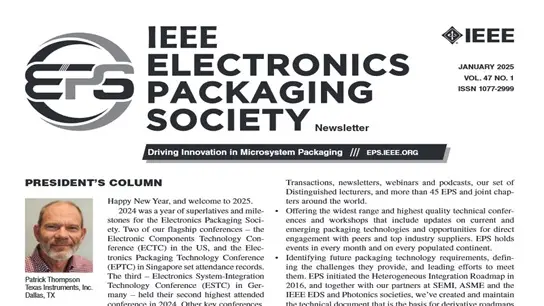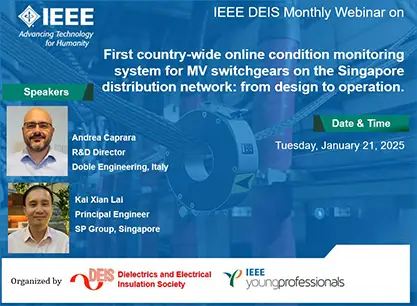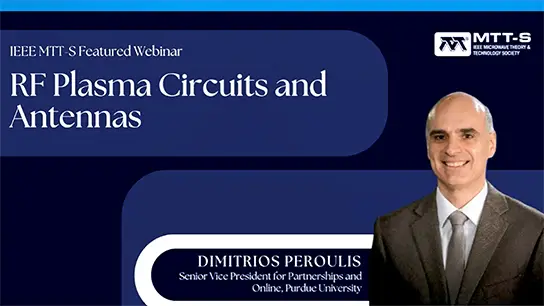Integration of Inverter-Based Resources into the Bulk Power System
J. Matevosyan, R. Quint, D. Sharafi
-
Members: FreePES
IEEE Members: $25.00
Non-members: $40.00Pages/Slides: 46
Panel
20 Jul 2022
Achieving carbon neutrality to reduce the threat of climate change requires substantial decarbonization of all sectors of the economy. The most cost-effective, carbon-free generation sources, solar photovoltaics and wind interconnected with transmission and sub-transmission systems, will have to contribute the lion's share of the energy supply across many hours of the day and most of the annual energy needed to serve grid demand to decarbonize the electric sector. With the dominance of intermittent solar and wind coupled with battery storage and the projected retirement of fossil fuel plants that provide significant amounts of steady, controllable energy, grid operators and power system planners will need to evolve their operations and planning studies to manage inverter-based resources (IBR) to maintain grid stability. The panel will address how to reliably integrate IBR into the bulk power system to operate a decarbonized grid. Complementary perspectives from grid operators, research organizations, and international regulatory authorities will provide lessons learned from issues faced by the industry, on-going development of reliability guidelines, standards, minimum technical requirements, and IBR modeling, performance, and analysis.
Chairs:
Manuel Avendaño
Primary Committee:
Transmission and Distribution Committee (T&D)



